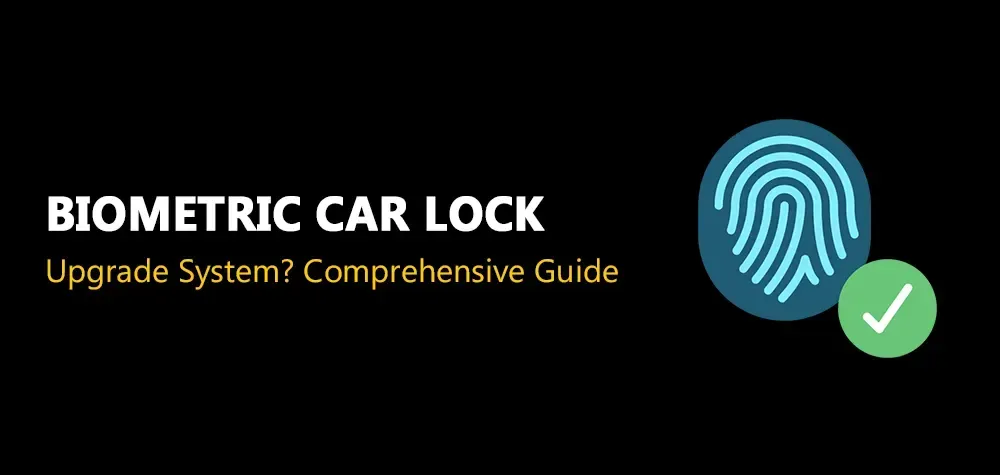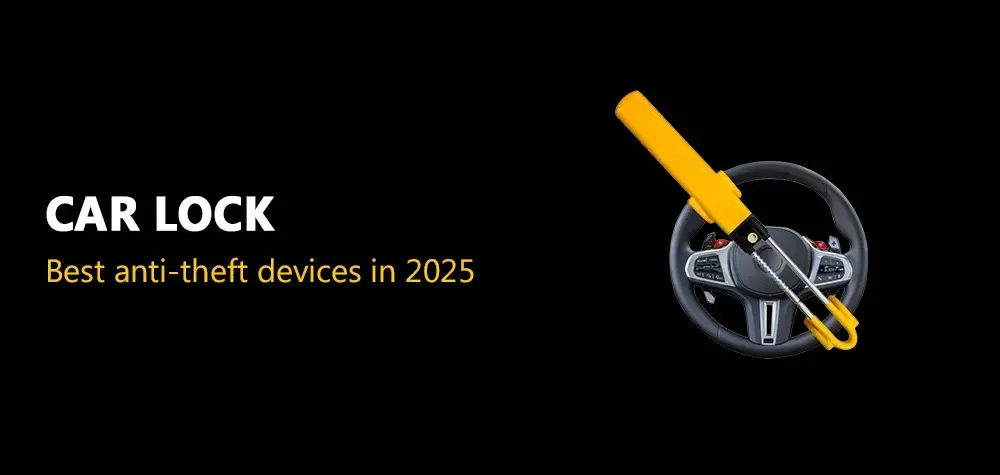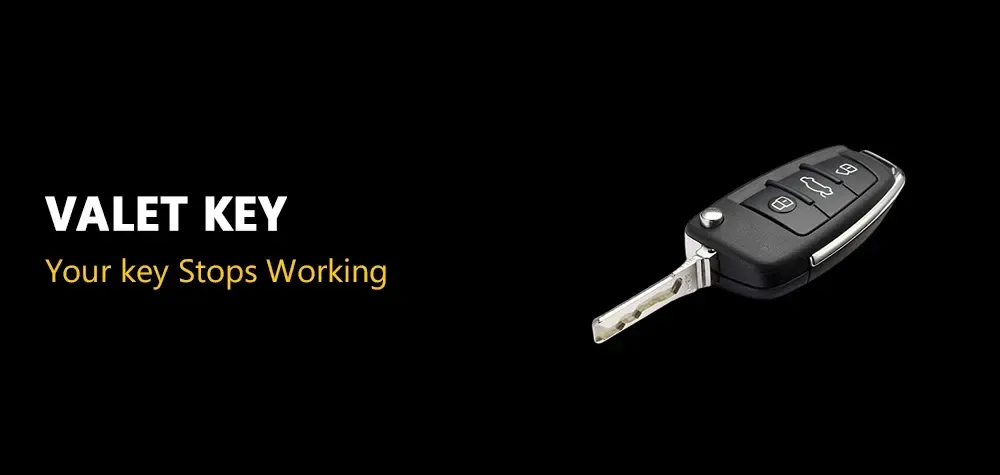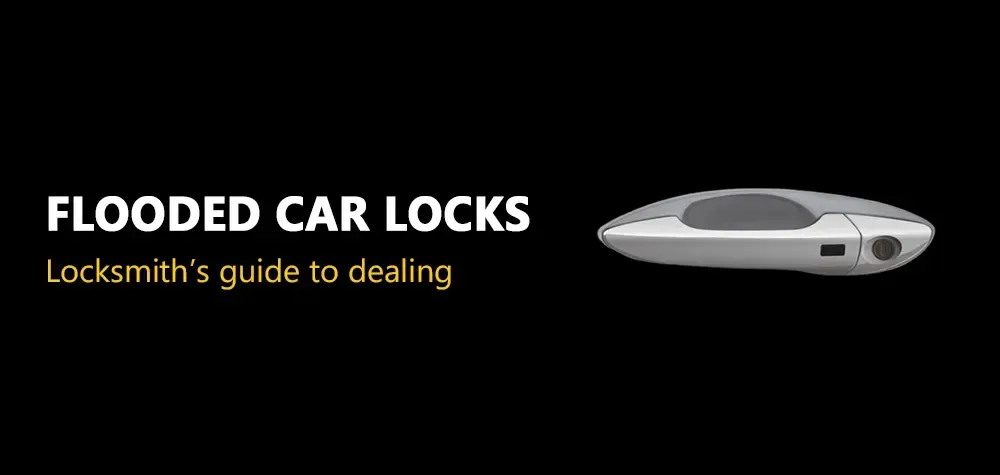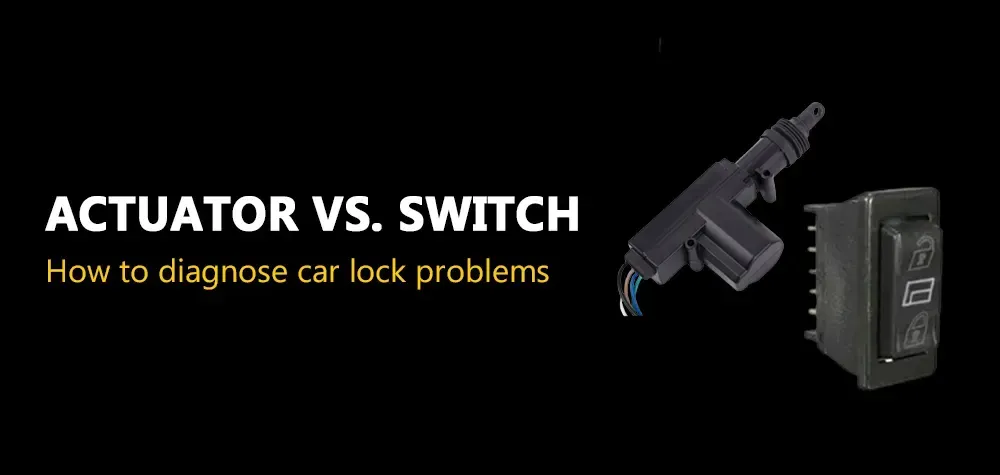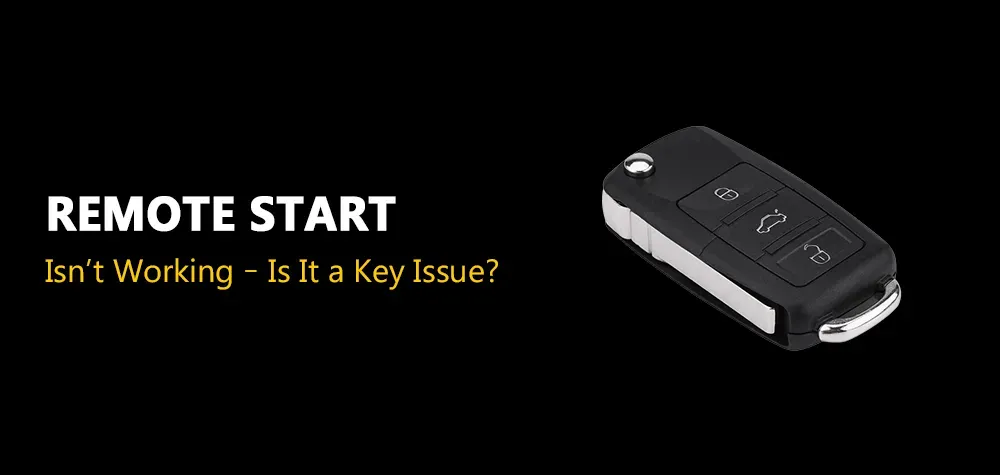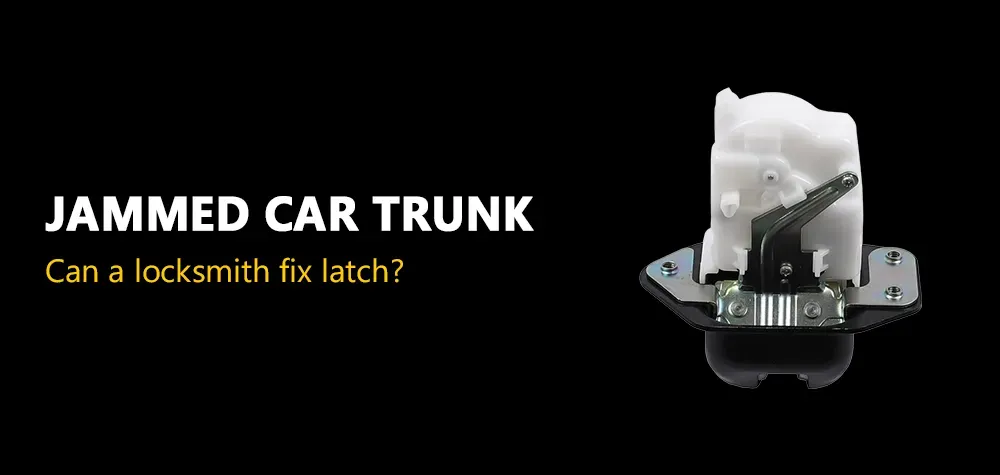Smart Door Lock Installation: A Step-By-Step Guide 2024
So, you've been thinking about beefing up security around the house, right? Smart move. I mean, who wouldn't want that extra peace of mind knowing your home and loved ones are safe and sound? Well, let me tell you, diving into the world of smart door locks could be just the thing you need. But hey, before you go headfirst into this whole installation thing, let's make sure you've got all the right info. To enhance your home's security, install a smart lock for convenient keyless entry and remote access control.
Trust me, I've been down this road, and I know it can feel overwhelming at first. But don't sweat it, because I'm here to guide you through it all. From picking the perfect lock to getting it installed like a pro, we've got you covered every step of the way.
So sit back, relax, and let's dive into making your home a little smarter and a whole lot safer. Ready? Let's do this.
Read more about How to deter burglars!
Understanding Smart Door Locks
We know how much of a hassle it can be to juggle keys, especially when you've got your hands full with groceries or trying to wrangle the kids. It's like a never-ending game of hide-and-seek with those pesky little things. But hey, what if I told you there's a way to kiss those key woes goodbye? Yep, I'm talking about smart door locks.
Imagine strolling up to your front door, hands full, and with a simple tap on your phone, voila! Your door unlocks like magic. No more fumbling for keys or worrying about losing them. And that's just the beginning.
Ever had that sinking feeling that you forgot to lock the door when you left in a rush? With smart locks, you can say goodbye to that anxiety. Just a quick check on your phone, and you can lock up from anywhere. It's like having a personal doorman, always looking out for you.
But hey, We get it. The idea of diving into smart home tech can feel like stepping into a whole new world. That's why we're here to break it down for you, plain and simple. No tech jargon, no confusing manuals—just straightforward info to help you make the switch hassle-free.
So, if you're ready to say goodbye to the key juggling act and hello to seamless home security, let's dive into the world of smart door locks together. Trust me, once you make the switch, you'll wonder how you ever lived without it.
Read more aboutWhy Is My Push Button Door Lock Not Working?
Choosing the Right Smart Door Lock:
Let's talk about picking the perfect smart door lock for your home sweet home. I know, it can feel like diving into a sea of options, but don't worry, I've got your back.
So, first things first, let's talk types. There are a bunch out there, like keypad locks (you know, the ones you punch in a code), RFID systems (think key cards), WiFi wonders, Bluetooth buddies, and even biometric beauties (yeah, the ones that use fingerprints or your pretty face).
Now, when it comes to choosing the right one for you, here's the scoop. Make sure it plays nice with your existing setup. You don't want a lock that's like oil and water with your home, right?
Then, think about how you want to connect to it. Some like to chat with your WiFi, while others prefer to keep it cozy with Bluetooth. And don't forget about power—some run on batteries, others need to be plugged in.
Oh, and one more thing—brand reputation and ease of use. Stick with a name you can trust, and make sure the darn thing isn't harder to figure out than a Rubik's cube.
So, there you have it—picking the perfect smart door lock made easy-peasy. Stick with me, and we'll have your door smarter than your kid's math homework in no time.
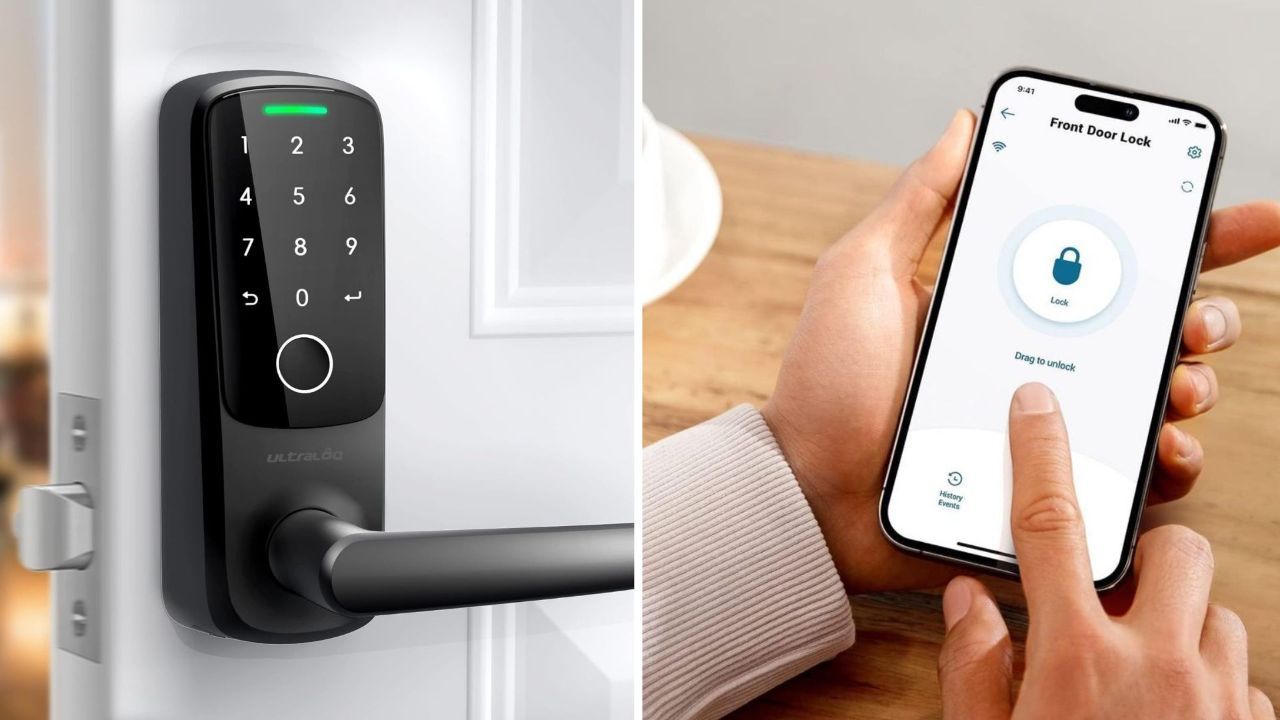
Keypad Locks
Keypad locks are the OGs of smart door security. They're like the combination locks of the digital age—you punch in a code, and boom, you're in. These locks are great for folks who like simplicity and don't want to mess with keys or fancy gadgets. Just remember your code, and you're golden.
RFID Systems
RFID locks are like the cool kids on the block with their key cards and fobs. Instead of punching in a code, you swipe a card or fob, and voila! The door opens like magic. These locks are perfect for businesses or folks who want that futuristic feel without the hassle of remembering codes.
WiFi Locks
WiFi locks are the kings of connectivity. They chat with your home's WiFi network, so you can control them from anywhere with an internet connection. Forgot to lock the door on your way out? No problem, just whip out your phone and lock it remotely. These locks are perfect for tech-savvy folks who want total control over their home security.
Bluetooth Locks
Bluetooth locks are like the friendly neighbors who always have your back. They connect to your phone via Bluetooth, so as long as you're within range, you can unlock your door with a tap on your phone. These locks are great for folks who want the convenience of keyless entry without worrying about WiFi connectivity.
Biometric Locks
Biometric locks are the James Bonds of the smart lock world. Instead of keys or codes, they use your unique biometric data—like fingerprints or facial recognition—to grant access. These locks are perfect for folks who want top-notch security without the hassle of keys or codes.
So there you have it—the lowdown on the different types of smart door locks. Whether you're all about simplicity, connectivity, or top-notch security, there's a smart lock out there with your name on it.
Step-by-Step Installation Guide
So you've got your shiny new smart door lock ready to roll, but where do you start? Don't worry, we've got you covered with this step-by-step installation guide. Let's dive in!
Gathering Tools and Reading Manual
First things first, gather up all the tools you'll need for the job. You'll want to grab a screwdriver, measuring tape, level, and a drill. Most smart locks come with an installation kit that includes all the necessary hardware, so be sure to check the box for everything you need. And don't forget to crack open that manual—it's your best friend for this installation adventure.
Removing Existing Lock
Next up, it's time to bid adieu to your old lock. Grab your trusty screwdriver and start by removing the screws holding the lock in place. Once you've got the lock off, it's time to give your door a once-over and make sure it's squeaky clean and ready for its new smart makeover.
Installing Smart Door Lock
Now comes the fun part—installing your shiny new smart door lock! Follow the manufacturer's instructions to attach the mounting plate to the interior side of your door. Make sure it's nice and level, and then insert the deadbolt component through the mounting plate and into the hole on the edge of your door. Secure everything in place with the screws provided, and voila! You're one step closer to a smarter home.
Connecting to Power Source
Once your smart door lock is installed, it's time to give it some juice. Some locks are battery-powered, so be sure to pop in some fresh batteries if needed. If your lock needs to be connected to a power source, follow the instructions carefully to ensure a safe and secure connection.
Configuring Settings
With your lock installed and powered up, it's time to get it all set up and ready to go. Connect your lock to your home network and download any necessary apps. Then, it's just a matter of configuring your settings to your liking. Set up access codes, adjust security settings, and get everything just right for your home.
Testing and Troubleshooting
Last but not least, give your lock a test run to make sure everything's working as it should. Lock and unlock your door a few times to test its functionality, and be sure to check its connectivity to your smartphone or home automation system. If you run into any issues, don't panic—most problems can be easily solved with a bit of troubleshooting.
If you're considering hiring Brothers Locksmith for your lock and security needs, you're making a wise choice. With their reputation for excellence and commitment to customer satisfaction, Brothers Locksmith is a trusted name in the industry. Here's why you should choose them:
- Expertise: Brothers Locksmith brings years of experience and expertise to every job. Their team of skilled locksmiths is highly trained and knowledgeable, ensuring that they can handle any lock or security issue with precision and professionalism.
- Reliability: When you call Brothers Locksmith, you can count on prompt and reliable service. They understand the urgency of lock-related emergencies and strive to respond quickly to your needs, whether it's a lockout situation or a broken key.
- Wide Range of Services: From lock installations and repairs to key cutting and security system installations, Brothers Locksmith offers a comprehensive range of services to meet all your locksmithing needs. No job is too big or too small for their team to handle.
- Quality Workmanship: Brothers Locksmith takes pride in their workmanship, using only the highest quality materials and tools to ensure long-lasting results. Whether they're installing a new lock or repairing an existing one, you can trust that the job will be done right the first time.
- Affordability: Despite their exceptional service and expertise, Brothers Locksmith offers competitive pricing to ensure that their services are accessible to everyone. They believe in providing value for money and strive to deliver cost-effective solutions without compromising on quality.
- Customer Satisfaction: Above all, Brothers Locksmith is committed to customer satisfaction. They prioritize clear communication, honest pricing, and friendly service to ensure that every customer has a positive experience from start to finish.
Conclusion:
In conclusion, installing a smart lock can be a game-changer for your home security and convenience. With the step-by-step guide provided, you now have the knowledge and confidence to tackle the installation process yourself. Remember to gather all the necessary tools, follow the manufacturer's instructions carefully, and test your lock thoroughly once installed.
By choosing the right type of smart lock for your needs, whether it's a keypad, RFID, WiFi, Bluetooth, or biometric lock, you can enjoy enhanced security and ease of access. Plus, with the troubleshooting tips provided, you'll be equipped to handle any challenges that may arise during the installation process.
Overall, investing in a smart lock is a smart decision that can provide added peace of mind and convenience for you and your family. So go ahead, take the plunge, and enjoy the benefits of a smarter, more secure home with your new smart lock installation.
Call Us Any Time!
